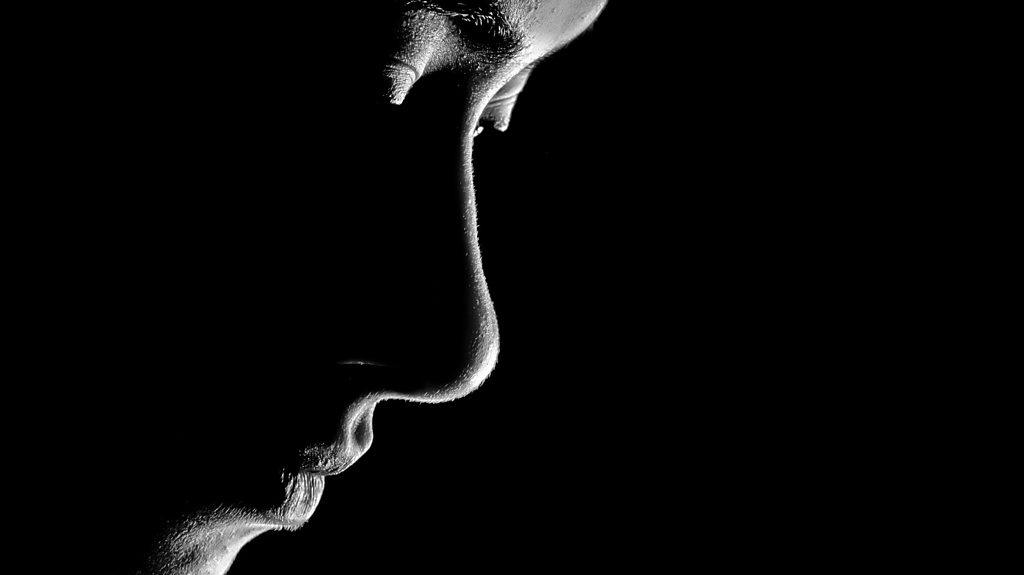Brett Kavanaugh: The nomination and the allegations in 300 words
- Published
"I like beer": Kavanaugh defends his high school drinking during testimony
The Senate has voted to advance US Supreme Court nominee Brett Kavanaugh to a final confirmation vote on Saturday.
It follows an FBI report into several sexual misconduct allegations against him.
Last week, at a combative hearing in front of the Senate Judiciary Committee, the judge denied the allegations and pledged never to give up.
It followed testimony from Doctor Christine Blasey Ford, a research psychologist, who said an assault by Mr Kavanaugh 36 years ago had "drastically" affected her life.
Republican and Democrat senators are divided over the nomination and, with only a 51-49 party split, his confirmation hangs in the balance.
Why does this matter?
If Mr Kavanaugh is confirmed, he could tilt the balance of the Supreme Court in favour of Republicans for decades.
Judges hold the position for life and the nine-member court has the final say on US law, including on contentious social issues and challenges to government policy.
What are the accusations?
Prof Ford says Mr Kavanaugh tried to force himself on her at a party in the 1980s when he was 17.
Christine Blasey Ford said she was "100%" sure Brett Kavanaugh assaulted her
Judge Kavanaugh's classmate at Yale University, Deborah Ramirez, then told the New Yorker he exposed himself to her at a party.
A third woman, Julie Swetnick, alleged she was the victim of a gang rape in 1982 at a party the judge attended.
He has rejected all the accusations.
At his hearing he also denied drinking excessively to the point of blacking out - something some of Mr Kavanaugh's school and university classmates have contested.
What happens now?
A confirmation vote in the full Senate is expected on Saturday.
Republicans want their nominee in place before mid-term elections next month, when they could lose their control of the chamber.
- Published28 September 2018
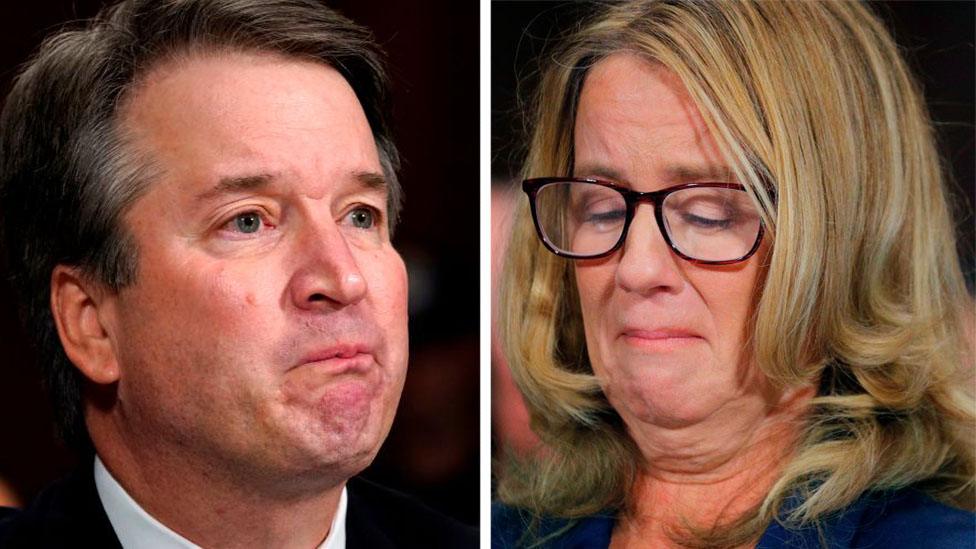
- Published27 September 2018
- Published28 September 2018
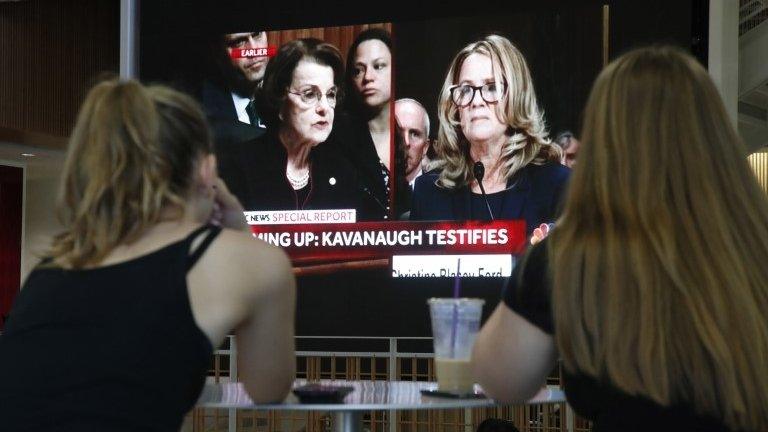
- Published23 September 2018
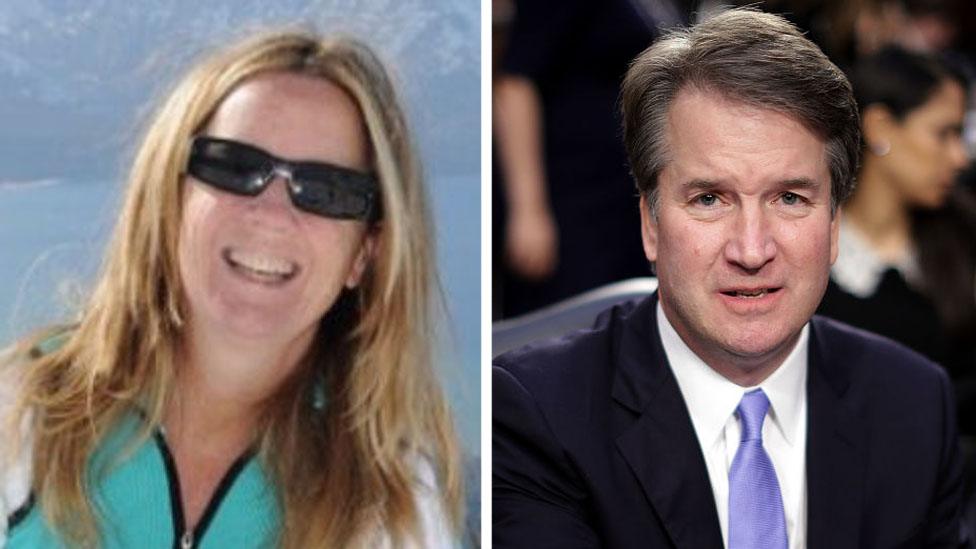
- Published21 September 2020
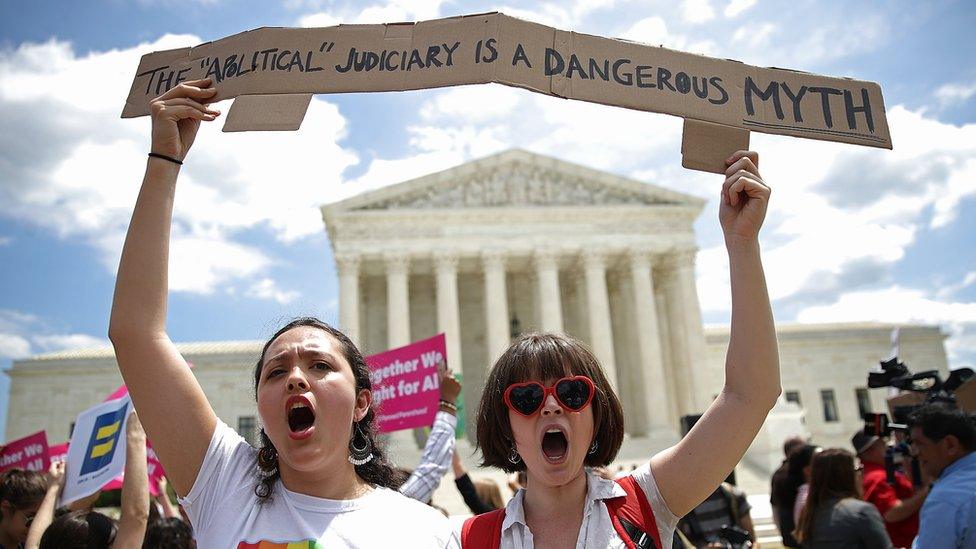
- Published19 September 2020
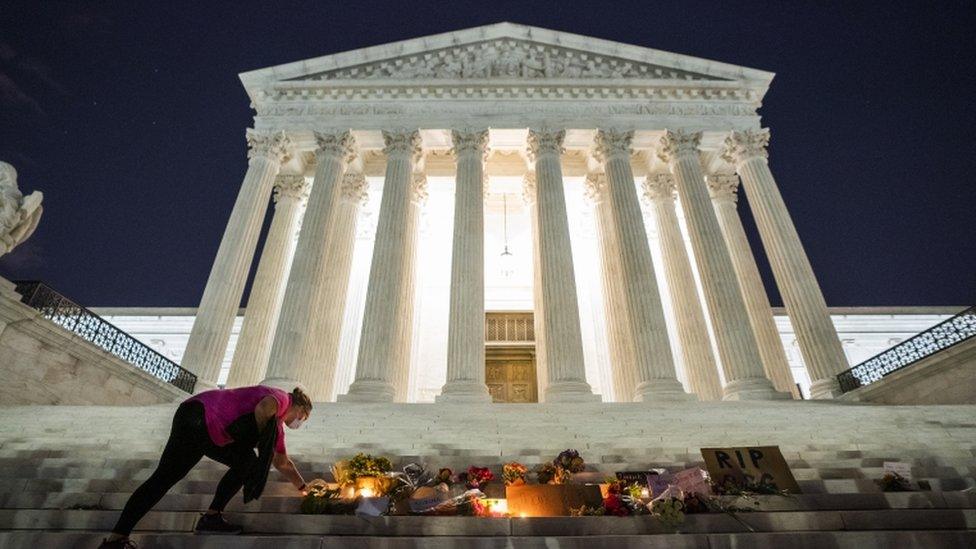
- Published21 September 2018
